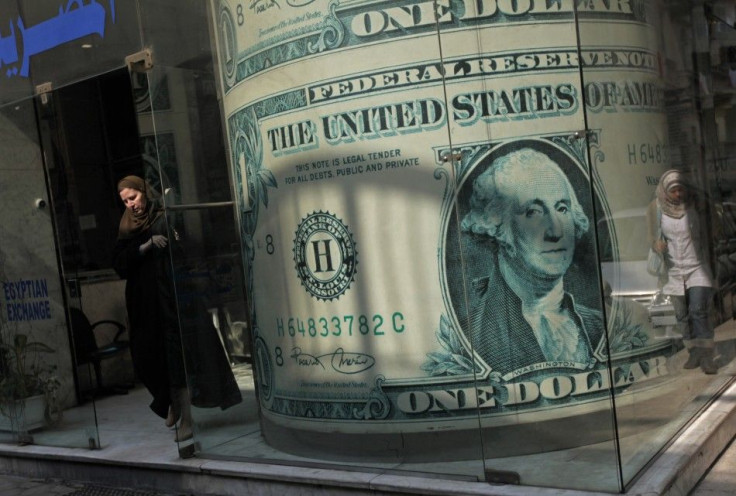What Happens If U.S Budget Is Cut Too Much?
Analysis

Just call it austerity hilarity.
Everyone in the states knows the federal budget deficit needs to be eliminated.
But few people know that if you cut the federal budget too much, too quickly, during a period of weak demand. The result?
A recession.
That's correct: a recession.
Here's the low-down:
Conservatives, who support supply-side economics, argue that by cutting federal spending, the private sector with be re-invigorated, investment will increase, and both U.S. GDP and job growth will rev-up. Presto, Cut federal spending and there will good, living-wage jobs for eveyone, and poverty will be eliminated.
But supply-siders overlook one key dimension essential to every recovery: demand. Supply-side theory argues that investment will occur, but there have been occasions when the government got out of the way, but massive investment did not occur. The current period is one classic example: many companies flush with cash and with little government interference are not investing and hiring. The reason? A lack of demand. Not enough customers.
Which returns us to federal spending and the budget deficit: if you cut spending too much, too quickly, demand will decrease. To see why that's a problem, see the above paragraph.
Nevertheless, despite the obvious link between government spending, corporate spending, and demand, there are still some conservatives who insist that austerity measures -- cutting the federal budget too much, too quickly -- won't hurt the economy.
To refute that discredited thesis, look at government spending and its impact on the world's major economies.
Europe: Many major European economies, the United Kingdom included, implemented austerity measures during the past two years. How's Europe's economy doing lately? 'Austerity Europe' will be lucky to eek-out a 2.5% GDP growth rate this year.
China: the Asian giant implemented a massive fiscal stimulus at the onset of the recession. China opened the spigots regarding governent spending when it realized an increase in domestic demand would be needed offset a decrease in foreign demand (from slumping exports). How's China's economy doing lately? That's right: it's roaring ahead and is likely to record 8 percent or better GDP growth.
Economic Analysis: Do not misunderstand: long-term the U.S. budget deficit has to be eliminated. Long-term. But if you cut government spending too much, too soon, you're going to make economic conditions worse -- not better -- and quite possibly tip the U.S. economy back in to a recession.
In other words, it makes no sense to cut the federal budget by a large amount during a period of weak demand.
© Copyright IBTimes 2024. All rights reserved.





















